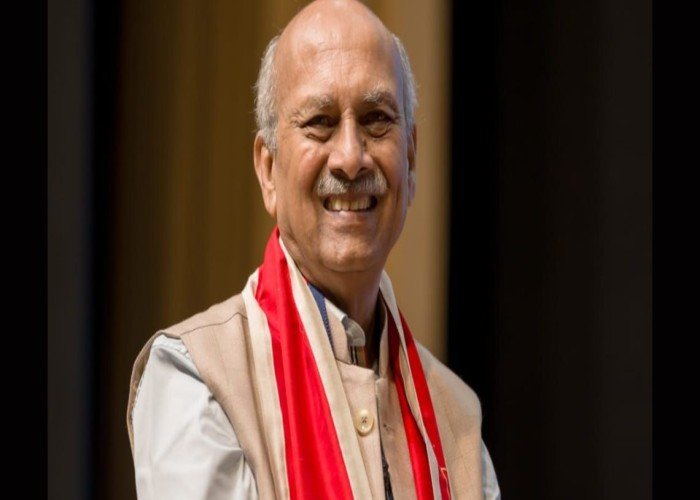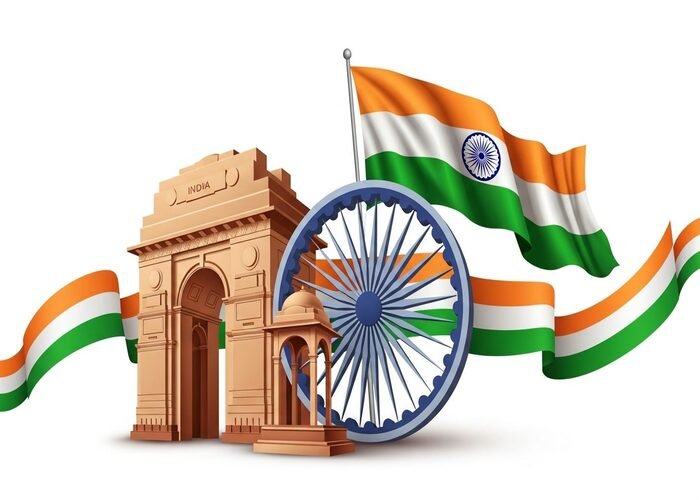In a significant move which will come as a major win for consumer rights, the Central Consumer Protection Authority (CCPA) has taken action against five prominent restaurants in Delhi for continuing to charge mandatory service fees despite clear legal guidelines and a recent High Court judgment.
The action comes after a series of complaints were registered on the National Consumer Helpline (1915), where customers reported being forced to pay service charges at restaurants, with no option for refund — even though doing so is a violation of the Consumer Protection Act, 2019.
The five restaurants under scrutiny include Makhna Deli, Xero Courtyard, Castle Barbeque, Chaayos, Fiesta by Barbeque Nation
According to the CCPA, these eateries failed to comply with the Delhi High Court’s March 28, 2025 ruling that upheld the authority’s guidelines banning compulsory service charges. Notices have now been issued to these establishments demanding they refund the collected service charge amounts to affected consumers.
Speaking on the matter, a senior official at CCPA said, “No consumer should feel pressured or obligated to pay a service charge. It’s a matter of choice, not compulsion.”
Consumer-Friendly Guidelines Ignored
The CCPA had issued comprehensive guidelines on July 4, 2022, to tackle such unfair trade practices. The highlight of the guidelines include- No automatic addition of service charge to the food bill, Service charge cannot be collected under any other name, It must be clearly conveyed to consumers that paying a service charge is voluntary, No denial of service or entry based on refusal to pay the service charge, GST should not be calculated on an inflated amount that includes the service charge.
The Delhi High Court’s ruling reaffirmed these points, providing legal backing to the consumer-friendly stance taken by the CCPA. Despite this, the restaurants named continued to impose service fees, thereby violating both the letter and spirit of the law.
With notices already issued, the ball is now in the restaurants’ court. They must respond to the CCPA and take corrective action, which includes refunding service charges collected without customer consent.
The CCPA, established under Section 10 of the Consumer Protection Act, 2019, is tasked with protecting consumers from unfair trade practices and misleading business tactics. This recent enforcement action shows the authority’s increasing vigilance and commitment to defending everyday consumers.
As the dining industry navigates these regulations, consumers are encouraged to stay aware of their rights and report any unfair practices by calling the National Consumer Helpline at 1915.











